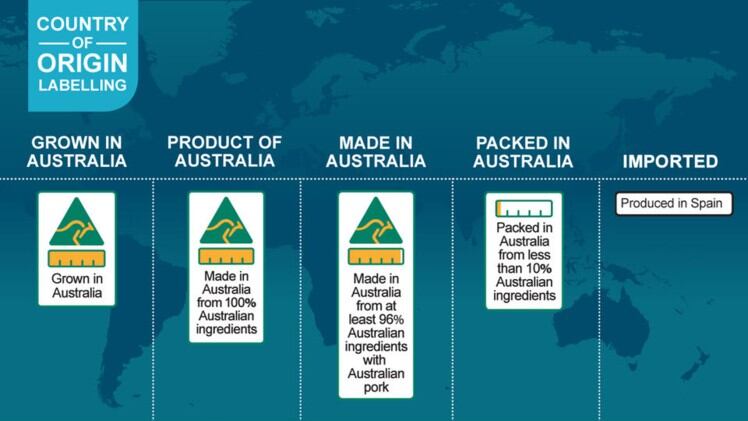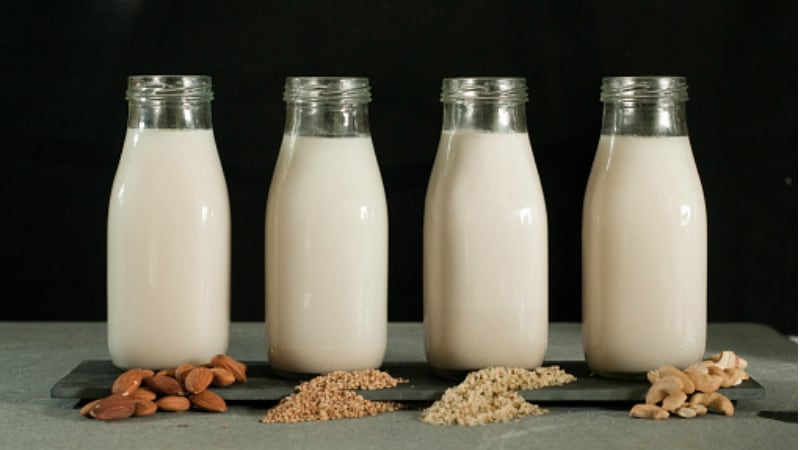Food-health relationships here refer to general level health claims that suggest a relationship between the product and health, for example that it contained calcium for strong bones, or fibre for heart health.
“There must be a nutrient mentioned, as well as a link to a health benefit,” Cancer Council Australia Nutrition Programme Manager and co-researcher on the report Wendy Watson told FoodNavigator-Asia.
A total of 67 such food-health relationship claims were reported to the FSANZ notification website between the years 2013 to 2017. Of these, 27 (40.3%) were found to be ‘concerning’ to Watson and her team after conducting their own independent assessments of relevant existing literature, and were flagged to the respective state enforcement agencies.
So far the team has seen various results, including: Withdrawal of the claim, no action being taken or the claim remaining on the website (but removed from the products) despite a lack of evidence to substantiate it.
“Although the website says it is not an endorsement, the fact that the claim remains on [the official channel] is still a concern,” added Watson.
Claims that involved solely nutrient content (e.g. high-protein, low-fat, etc.) were not included in the study, nor were higher-level health claims that deal with diseases (e.g. high calcium for osteoporosis) and go through a more rigorous process.
Direct-to-market without approval
Food-health relationship claims fall under the FSANZ standard 1.2.7 on Nutrition, health and related claims, which was introduced in 2013 and came into regulatory effect in 2016.
Of note is the fact that at present, food manufacturers are allowed to print and market all food-health relationship claims that they have notified FSANZ of, provided the product is of a certain ‘healthiness’ level (not high in fat, salt, sugar etc.) and the claim has been ‘self-substantiated’.
At present, there is no governing system in place to check on the quality of these reviews, so basically the claims do not need to be verified by any authority before these are publicised on product labels, advertisements and so on.
“What’s supposed to be behind this [self-substantiation] is a rigorous systematic review by the food companies to back up the claims, [but] we are concerned about this and question the quality of these systematic reviews,” said Watson.
“FSANZ has tried to put in a process for these lower health claims that minimises the effort required, and in doing so has put the onus on the food industry to work on most of this.
“This lack of a more stringent process in place is not protecting the consumer, as these claims can influence their purchasing decisions.”
Bias due to commercial interests and concerns that some products being notified to FSANZ as foods fell more into the medicines/supplements category (and should hence go through a stricter approval process) were also cited as reasons to more strictly govern the process.
“Higher-level health claims have a ‘pre-market approval’ process by FSANZ [and] we would like to see this for low-level general health claims too, as it would mean that the claim has been substantiated with evidence,” she added.
More investigation upcoming
A further 81 food-health relationships were submitted to FSANZ since the study was completed in 2017, which will be the subject of further study by Watson and her team who have already requested for 64% of the claims to be checked or further investigated.
“Some of these food-health relationships are very common, and being notified multiple times [to FSANZ],” said Watson.
“[These numbers show] that food-health relationship claims made with lack of substantiation is definitely still an ongoing problem.”
Source: Public Health Nutrition
Study: How effective is food industry self-substantiation of food–health relationships underpinning health claims on food labels in Australia?
https://doi.org/10.1017/S1368980018004081
Authors: Wellard-Cole, L. et. al.





